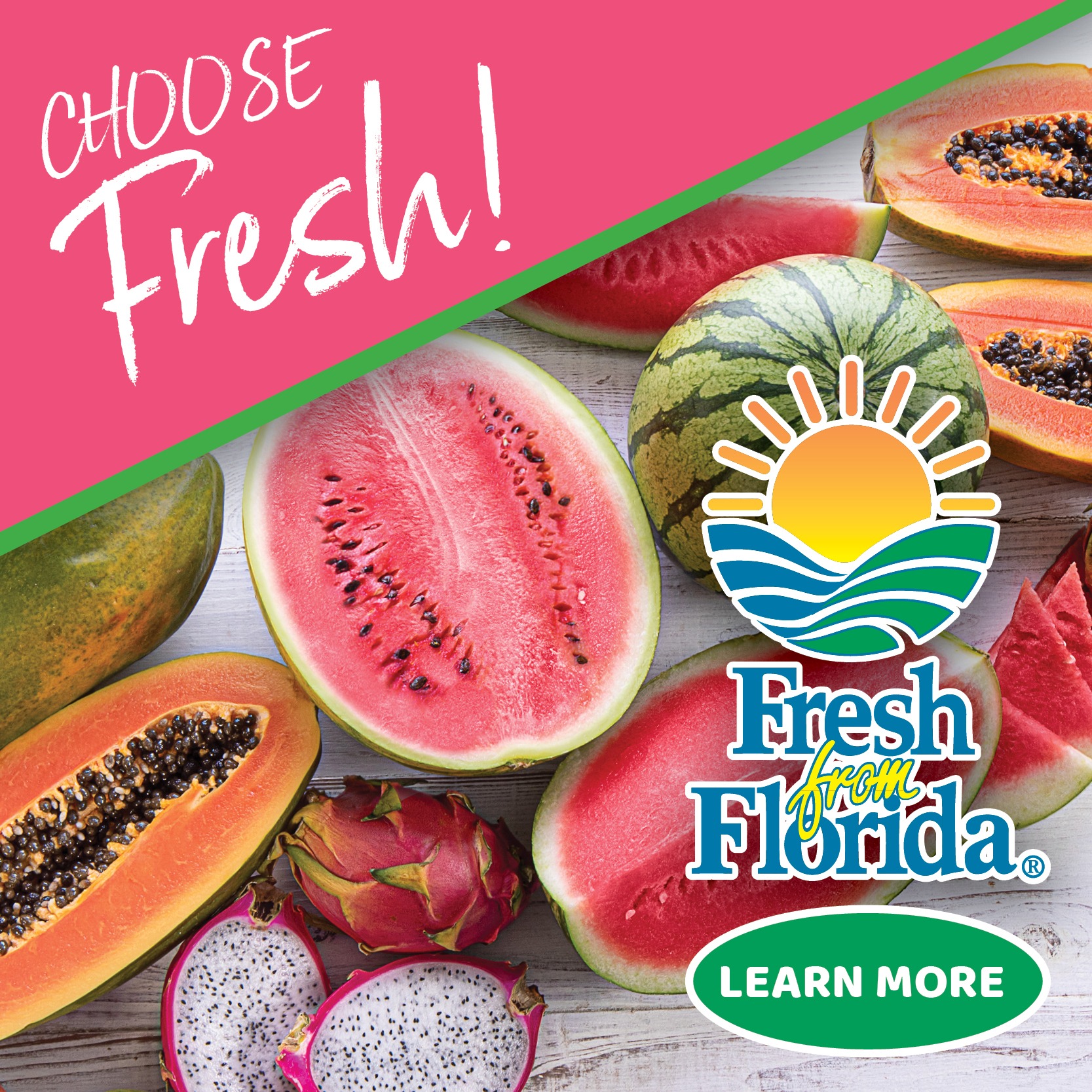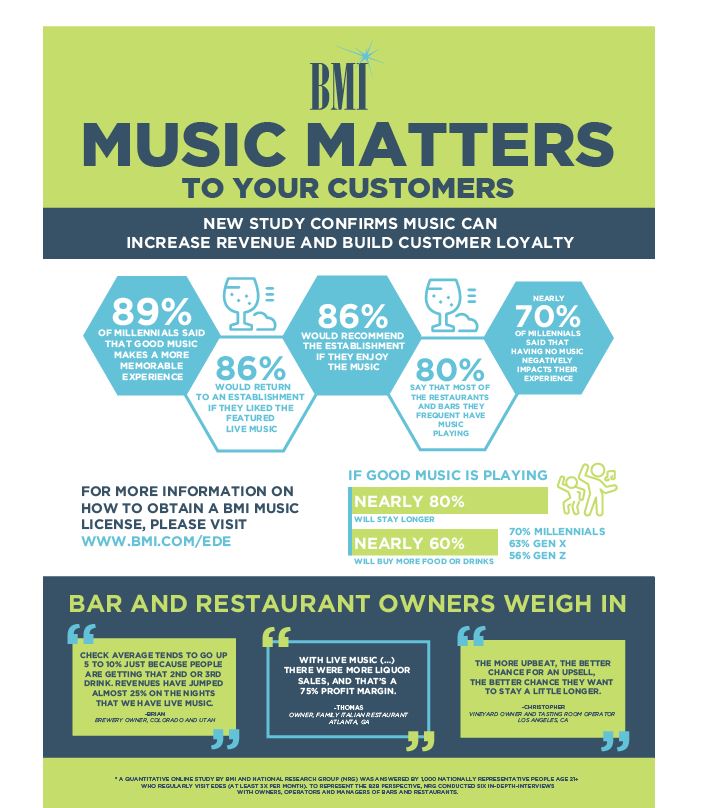Stay up-to-date on new food safety regulations and ensure your establishment is compliant in 2023 and beyond.
In an effort to constantly improve the standards of food safety in the United States, the system of food safety regulations has been evolving gradually throughout the past century, creating fresh guidelines and protocols in reaction to emerging issues involving food safety. More than 50 new food regulations have been enacted or introduced just in the past five years. Let’s take a look at some of the new regulations being put into place in 2023 and beyond.
What’s Changed?
The most prominent overall theme in new food industry regulations is increases and expansions in regulatory oversight that work towards building a culture of food safety. Expanded responsibilities have been placed on employees with management taking on more of a supervisory role.
![]() ALLERGEN AWARENESSIncreasing allergen awareness continues to be a top priority for restaurants, with new federal and state laws being introduced. The most significant federal change was the addition of sesame to the major food allergen groups, effective January 1, 2023. New state laws are placing focus on properly training managers and employees in allergy awareness and reaction protocols. Additionally, many states are now requiring food establishments to hang posters or signs that display the major food allergens, symptoms of an allergic reaction, and instructions of what to do during an allergic reaction.
ALLERGEN AWARENESSIncreasing allergen awareness continues to be a top priority for restaurants, with new federal and state laws being introduced. The most significant federal change was the addition of sesame to the major food allergen groups, effective January 1, 2023. New state laws are placing focus on properly training managers and employees in allergy awareness and reaction protocols. Additionally, many states are now requiring food establishments to hang posters or signs that display the major food allergens, symptoms of an allergic reaction, and instructions of what to do during an allergic reaction.
![]() RESTAURANTSThe Food Safety Modernization Act (FSMA) was introduced in 2011 with new regulations designed to transform the nation’s food safety system by focusing on preventing foodborne illnesses, instead of responding to them. Right now, the FDA does not directly mandate FSMA at the restaurant level. That is all changing in 2026, as restaurants will be required to uphold all the regulations imposed by FSMA. While it might seem like these changes are in the distant future, it’s crucial to start preparing your restaurant now and creating a culture centered around proper FSMA practices. ServSafe is currently in the process of creating guidance that will help simplify this rule so restaurants can easily navigate and comply with FSMA.
RESTAURANTSThe Food Safety Modernization Act (FSMA) was introduced in 2011 with new regulations designed to transform the nation’s food safety system by focusing on preventing foodborne illnesses, instead of responding to them. Right now, the FDA does not directly mandate FSMA at the restaurant level. That is all changing in 2026, as restaurants will be required to uphold all the regulations imposed by FSMA. While it might seem like these changes are in the distant future, it’s crucial to start preparing your restaurant now and creating a culture centered around proper FSMA practices. ServSafe is currently in the process of creating guidance that will help simplify this rule so restaurants can easily navigate and comply with FSMA.
![]() STATE CHANGESTo simplify the regulatory landscape in the U.S., states are beginning to adopt a standardized food code. Additionally, certain states such as California and New York have introduced new regulations that are specific to their jurisdictions.
STATE CHANGESTo simplify the regulatory landscape in the U.S., states are beginning to adopt a standardized food code. Additionally, certain states such as California and New York have introduced new regulations that are specific to their jurisdictions.
![]() ALCOHOLSeveral states have passed permanent alcohol-to-go laws or have extended temporary alcohol-to-go laws. Additionally, some states – such as New Jersey and Virginia – are requiring alcohol delivery courses for 3rd-party delivery drivers. The age to serve alcohol to customers has also been lowered in certain states to address labor shortage issues. For example, Kentucky reduced the age to serve to 18, while Michigan’s was reduced to 17.
ALCOHOLSeveral states have passed permanent alcohol-to-go laws or have extended temporary alcohol-to-go laws. Additionally, some states – such as New Jersey and Virginia – are requiring alcohol delivery courses for 3rd-party delivery drivers. The age to serve alcohol to customers has also been lowered in certain states to address labor shortage issues. For example, Kentucky reduced the age to serve to 18, while Michigan’s was reduced to 17.
Cracking the Code on Food Regulations
We are currently entering a new era of a smarter food safety blueprint that will provide enhanced traceability, smarter tools for prevention and outbreak response, and stronger food safety culture. As new regulations are created and introduced, it’s crucial for food establishments to remain compliant in order to protect the health of their guests and the success of their operations.
Check out our ServSafe Regulatory Map for a detailed, interactive map of the regulations that impact your state and region. Also, make sure to download our free content from previous National Food Safety Month topics and check back next week when we close out NFSM 2023 by discussing how to build a strong food safety culture for your establishment.









